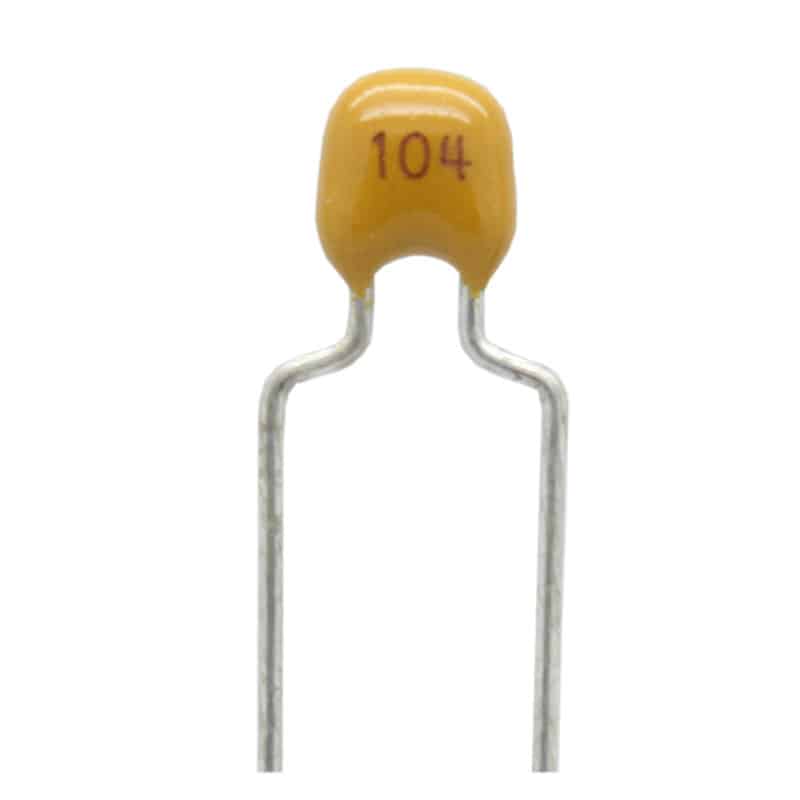In the realm of electrical engineering, power conditioning plays a crucial role in ensuring the efficient and reliable operation of various electronic systems. Capacitors, as one of the fundamental components, are extensively utilized in power conditioning applications. This article aims to explore the multifaceted uses of capacitors in power conditioning, highlighting their significance in enhancing efficiency and stability.
- Filtering and Smoothing:
Capacitors are commonly employed in power conditioning to filter out unwanted noise and ripple currents. By connecting capacitors in parallel with the load, they act as low-pass filters, allowing only the desired frequency components to pass through. This filtering capability helps eliminate high-frequency noise and voltage spikes, ensuring a clean and stable power supply to sensitive electronic devices. - Power Factor Correction:
Efficient power utilization is a key concern in power conditioning. Capacitors are extensively used for power factor correction, a technique employed to minimize reactive power and improve the overall power factor of electrical systems. By connecting capacitors in parallel with inductive loads, they compensate for the lagging reactive power, thereby reducing energy losses and optimizing power transmission efficiency. - Energy Storage and Backup:
Capacitors also serve as energy storage devices in power conditioning applications. During periods of excess power generation, capacitors can be charged and store the surplus energy for later use. This stored energy can be utilized during peak demand periods or as a backup power source in case of power outages. Capacitors' ability to rapidly discharge energy makes them ideal for providing short-term power support during transient events. - Voltage Regulation:
Voltage fluctuations can pose significant challenges to electronic systems, potentially leading to malfunctions or even damage. Capacitors are employed in power conditioning to regulate voltage levels and maintain a stable power supply. By connecting capacitors in parallel with the load, they act as voltage stabilizers, absorbing excess voltage during high-demand periods and releasing stored energy during voltage drops, ensuring a consistent and reliable power output. - Harmonic Mitigation:
In modern power systems, harmonics generated by non-linear loads can cause disturbances and reduce system efficiency. Capacitors, when strategically placed, can mitigate harmonics by providing reactive power compensation. By introducing capacitive reactance, they counterbalance the inductive reactance of non-linear loads, reducing harmonic distortion and improving power quality.
Conclusion:
Capacitors play a vital role in power conditioning, offering a range of benefits such as noise filtering, power factor correction, energy storage, voltage regulation, and harmonic mitigation. Their versatile applications contribute to the efficient and stable operation of various electronic systems. By understanding the multifaceted uses of capacitors in power conditioning, engineers can design more robust and reliable power systems, ensuring optimal performance and longevity.


